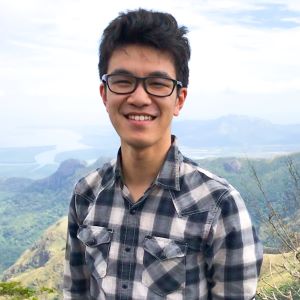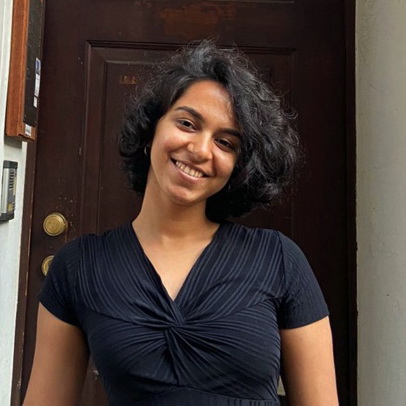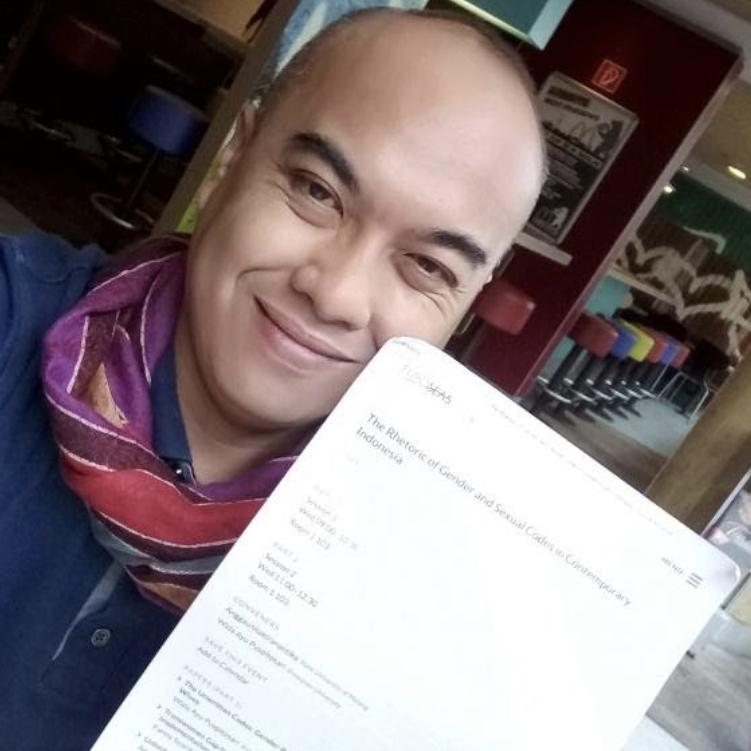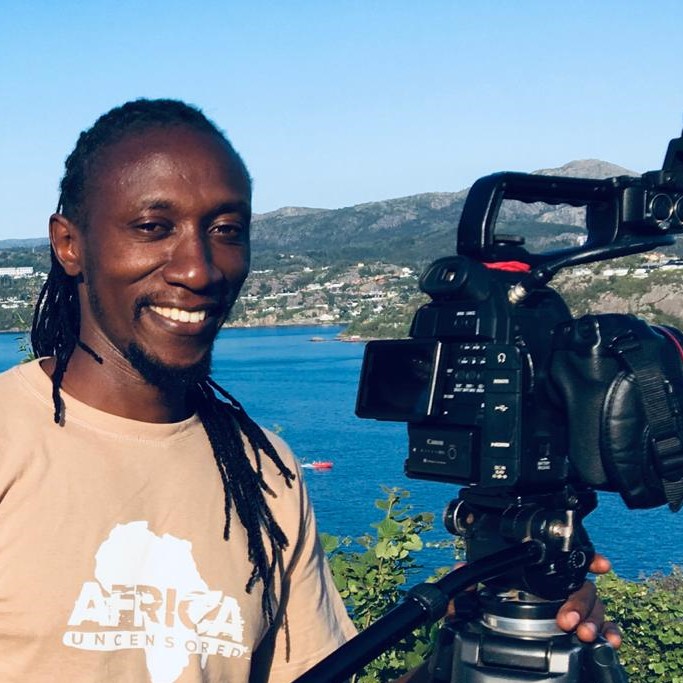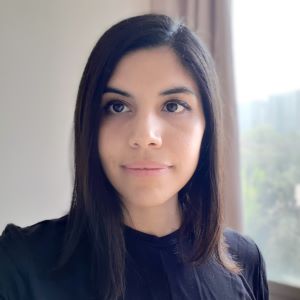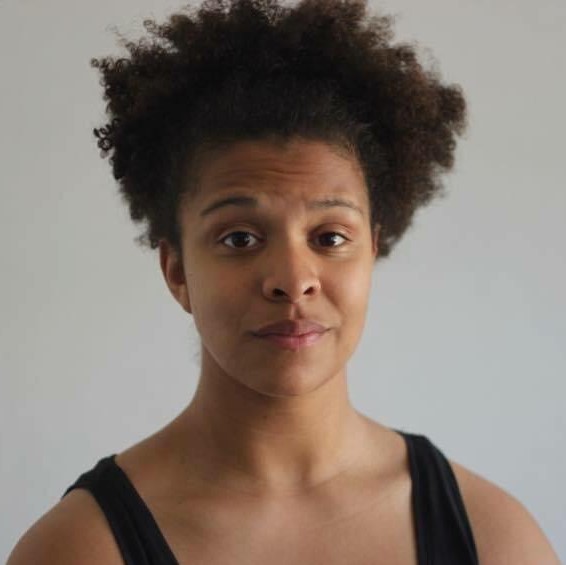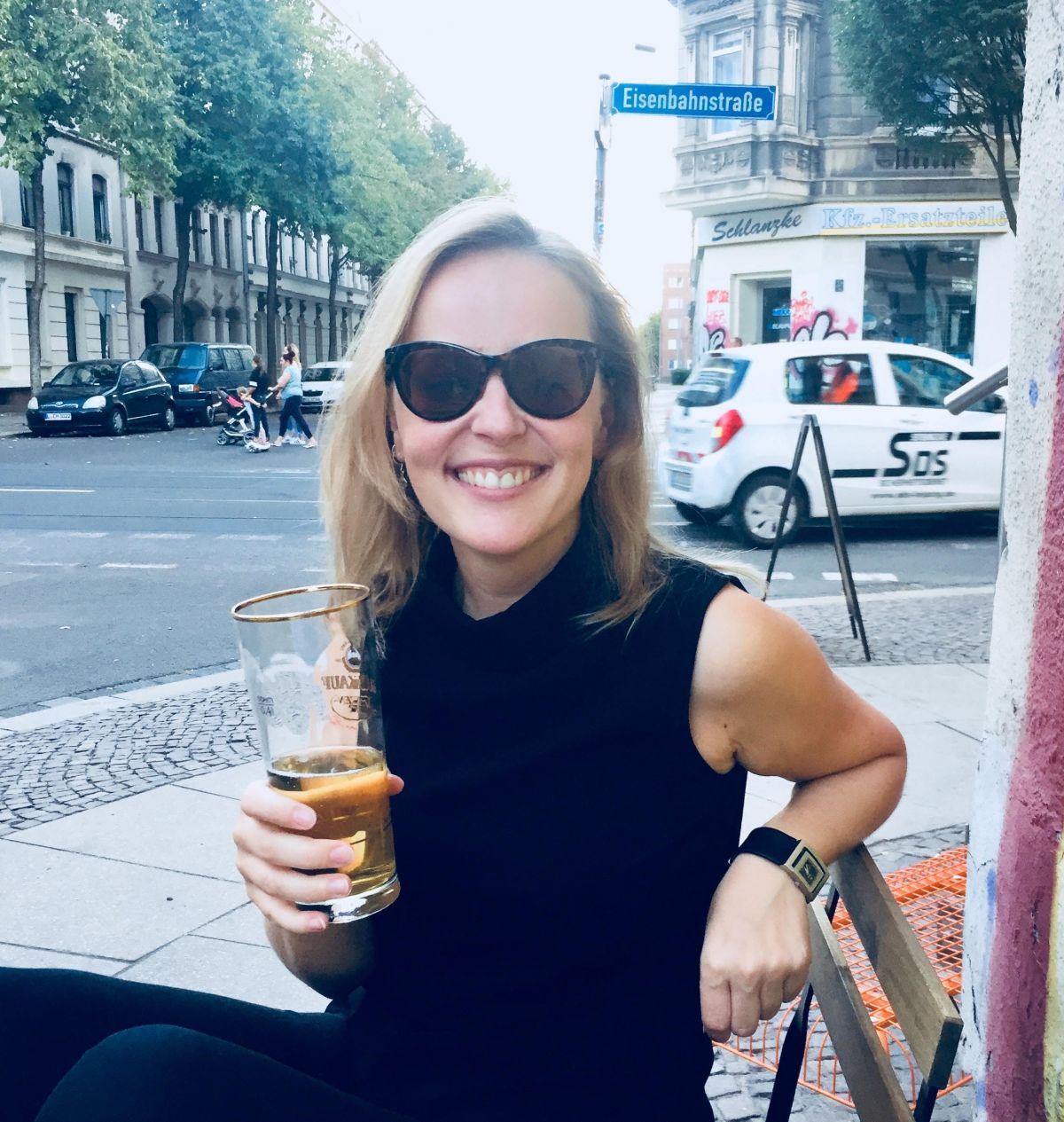Home Kong
When I left Hong Kong for graduate school in the US, I was never homesick. Home was just one flight away, the same as ever. That is, until home got sick.
Hong Kong, Eastern Asia
Story by Andy Lee. Edited by Melaina Dyck
Published on September 1, 2020.
Reading time: 5 minutes
This story is also available in 




“Do you miss home?” friends asked when I left Hong Kong for graduate school in the US. I was never homesick. After all, sweet old home was just one flight away, waiting for me, the same as ever.
That is, until home got sick.
I observed Hong Kong becoming disfigured in the past 12 months: headlines after photos after livestreams depicted the blatant desecration of democracy.[1] Over two million people marched into the city’s second mass protest movement in the decade and the largest in its history—only to find their basic rights ignored, stripped away, and criminalized. Struggling to identify the city I grew up in, I realized I am homesick. And this time, no country road [nor non-stop flight] can “take me home to the place I belong.” There is no runway to land except the hard reality that home is dying.
I am not the only one feeling ill. Homesickness is an epidemic in Hong Kong. Once a champion of freedom of expression and assembly, the city is now cold, cruel, terminally sick, and bled dry. This is homesickness at its worst.
A 90s kid, I belong to the last generation of British Hongkongers, born before the handover to mainland China in 1997. We were raised with uncertainty: nostalgia for the conclusion of a historic chapter and anticipation for 50 years of autonomy under “One-Country-Two-Systems.”[2] I crammed for middle school tests, reviewing textbooks on Separation of Powers, Government by the People, and Rule of Law—concepts that 15-year-old citizens needed to build our city’s future (and which, no doubt, are removed from the syllabus now). In retrospect, many of us naively took that future for granted—our wishful narrative belied by the plans of the Chinese government.
The union turned sour soon after the honeymoon. The friendly handshake extended from Beijing turned into overly-intimate hand-holding, until its tightening handcuff squeezed all life out of the city.[3] A decade of protests against Chinese control culminated this year when the National Security law overrode the city’s constitution, the final nail in the coffin containing the decaying remains of democracy. Hong Kong has plunged from one of the world’s safest cities to a de-facto police state, counting 9,200 arrests of protestors, 2,600 injuries, and innumerable “suicides.”
Watching from afar, I first felt pain, then numb. Rage reduced to wordless sighs, I scroll through newsfeeds: protesters sentenced to prison; government officials spitting remorseless lies. Yet, I live twelve time zones away from the turmoil. Who am I to feel despondent, when the biggest risks I take are blocking childhood friends who joined the police? Who am I to give up hope, when kids back home are wagering their future and very lives?
Hope begins with holding on to what we miss. Hong Kong is homesick, dying, but we are immunized with our identity as Hongkongers. We can flatten this curve if our hearts stay home. We fought against oppression and injustice with umbrellas, helmets, gas masks, and our own stories to tell. Even as our very home is uprooted, we refuse to settle for government without the voice of the people. In the end, the people of Hong Kong will not succumb to home’s sickness.
Together, we will cure her.
Footnotes
[1] Hong Kong mourns the end of its way of life as China cracks down on dissent—National Geographic Story by Laurel Chor (September 1st, 2020) https://www.nationalgeographic.com/history/2020/09/hong-kong-mourns-way-life-china-cracks-down-dissent/
[2] The One-Country-Two-Systems is a constitutional principle of Hong Kong (and Macau) as a Special Administrative Region (SAR) after its turnover to China in 1997. Under the principle, Hong Kong SAR could continue its own governmental, legal, economic and financial systems, including trade relations with foreign countries, independent from the People’s Republic of China for 50 years until 2047. “Horse races will go on and night clubs will stay open” was a popular quote in Hong Kong in the 1980s that supposedly symbolized the smooth transition of the sovereignty of Hong Kong from the British to mainland China. In reality, the autonomy Hong Kong enjoyed was short lived.
[3] Since 1997, there have been multiple and gradual political gestures by Beijing to extend control over the city. These advances, however, became much more direct after 2010s. In 2014, the Hong Kong administration, pressured by Beijing, attempted to stage a pseudo-democratic Chief Executive election where only pre-screened candidates were allowed. This sparked the city-wide Umbrella Movement with major parts of the city occupied by peaceful protestors carrying umbrellas—it nonetheless ended in bitterness and frustration after three months. In Summer 2019, when an Extradition Bill that effectively allows mainland authorities to extradite political suspects across juridical sovereignty, forced its way into the legislature, the people wasted no time to mobilize another outcry.
How does this story make you feel?
Follow-up
Do you have any questions after reading this story? Do you want to follow-up on what you've just read? Get in touch with our team to learn more! Send an email to [email protected].
Talk about this Story
Please enable cookies to view the comments powered by Disqus.
Subscribe to our Monthly Newsletter
Stay up to date with new stories on Correspondents of the World by subscribing to our monthly newsletter:
Tags
Topic: Liberation
> India
On Rasam and Identity
A story by Janani Padmanabhan
5 min
Rasam is the answer to everything, or so I was told during my middle-class vegetarian Tamil brahmin upbringing. Read more...
> Indonesia
Creating Safe Spaces for Everyone in Indonesia
A story by Fanny Syariful Alam
7 min
Safe spaces aren't just bunkers or secret hiding spaces. Sometimes, a safe space is a community that lets you express yourself safely. Read more...
> Kenya
Just Do It – My Story as a Filmmaker in the Slums of Nairobi
A story by Elijah Kanye
4 min
I saw reporters did not get things about Mathare right. They misrepresent it. So I decided to become a filmmaker to correct this weakness and follow my passion. Read more...
Explore other Topics
Get involved
At Correspondents of the World, we want to contribute to a better understanding of one another in a world that seems to get smaller by the day - but somehow neglects to bring people closer together as well. We think that one of the most frequent reasons for misunderstanding and unnecessarily heated debates is that we don't really understand how each of us is affected differently by global issues.
Our aim is to change that with every personal story we share.
Community Worldwide
Correspondents of the World is not just this website, but also a great community of people from all over the world. While face-to-face meetings are difficult at the moment, our Facebook Community Group is THE place to be to meet other people invested in Correspondents of the World. We are currently running a series of online-tea talks to get to know each other better.











